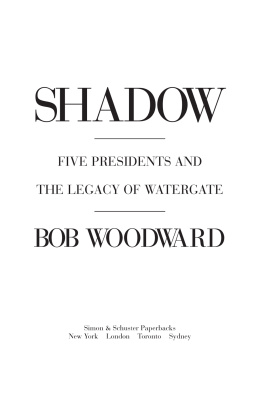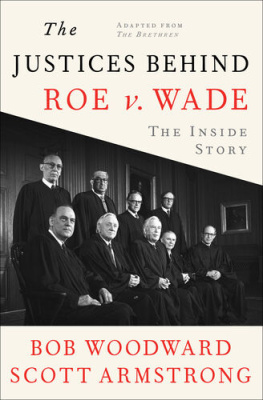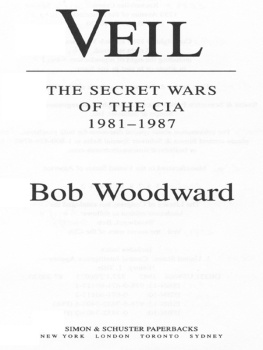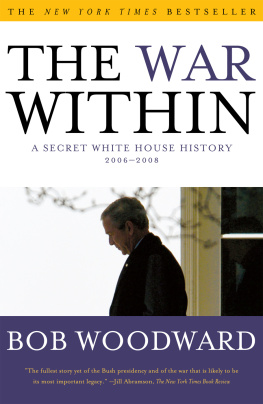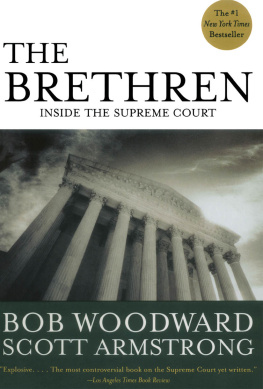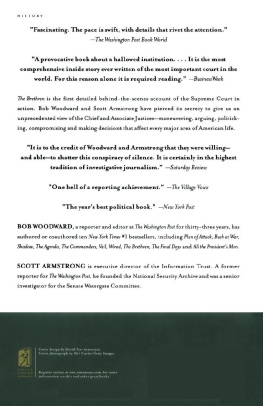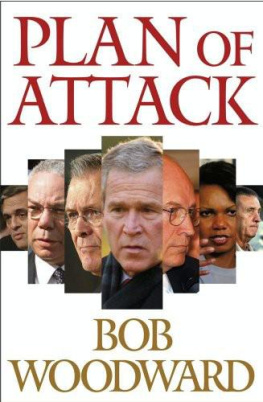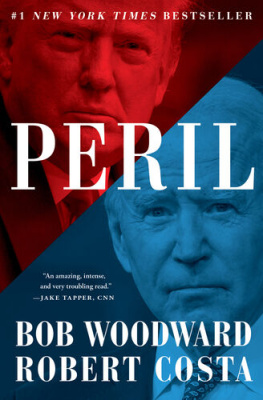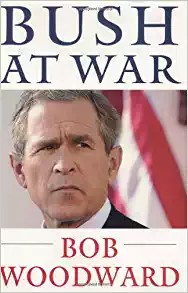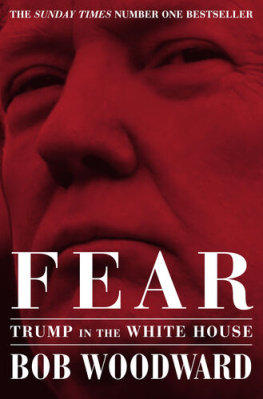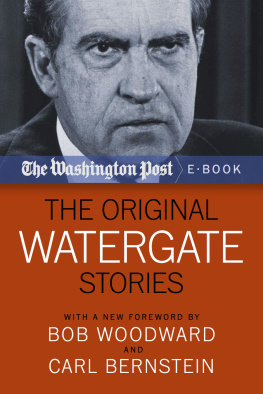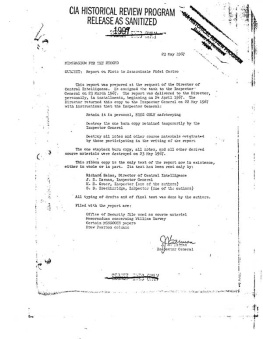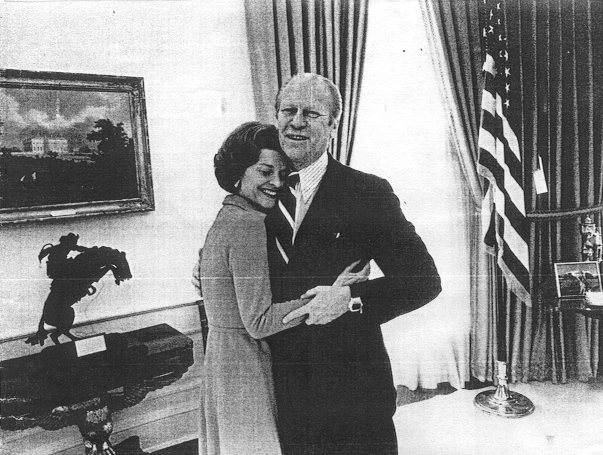
1. Gerald Ford never wanted to become president, and First Lady Betty Ford advised her husband that he shouldnt get involved in making recommendations to Nixon about when or how to resign.
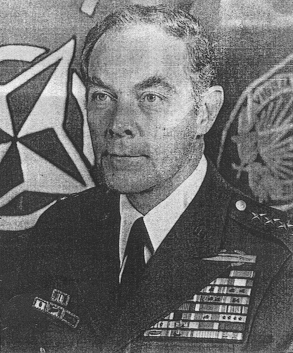
2. General Alexander M. Haig Jr., White House chief of staff in the final year of the Nixon presidency, acted as broker and go-between with Vice President Ford in the dangerous days when the presidency was in play.
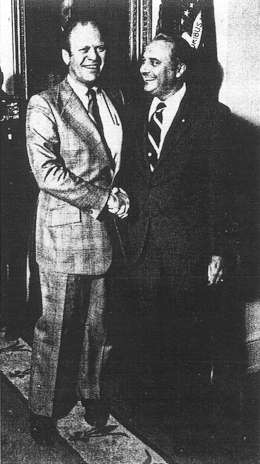
3. Ford with Jack Marsh, a former congressman. As a top Ford aide, Marsh told Ford he couldnt agree to grant Nixon a pardon because it would look like a quid pro quo for Nixons resignation.
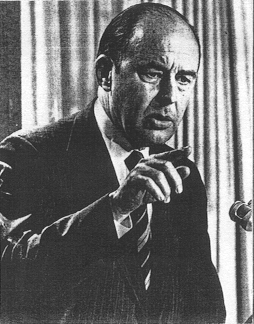
4. Bryce Harlow, one of the wise old men of the Republican Party, told Vice President Ford that he was in grave danger of compromising his independence by having discussions about a possible Nixon pardon before assuming the presidency.
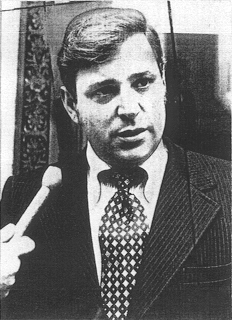
5. Benton Becker, a former Justice Department attorney, was sent to California to work out the statement Nixon would issue accepting the pardon. He reported to Ford that Nixon was more depressed than any person Ive ever seen, lacking any will to survive.
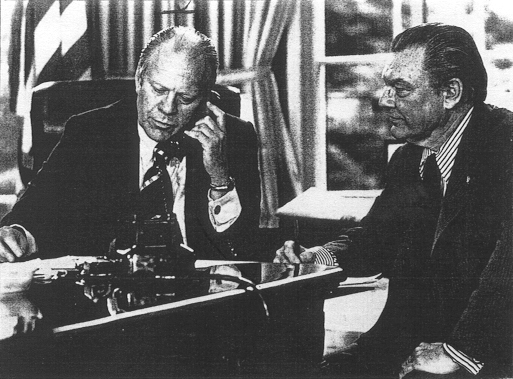
6. Ford with Robert Hartmann, his top aide. Hartmann tried to talk Ford out of granting Nixon a pardon in the first month of his presidency. Whats the rush? Hartmann asked.
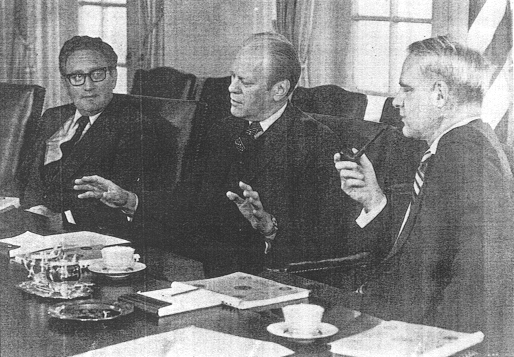
7. Secretary of State Henry Kissinger, Ford and Defense Secretary James Schlesinger. Ford found that Schlesinger outright disobeyed his orders.

8. Ill never lie to you, Jimmy Carter said as a candidate. His mother and closest friend told him to stop making the pledge because no one could stand up to complete scrutiny of his statements and actions.
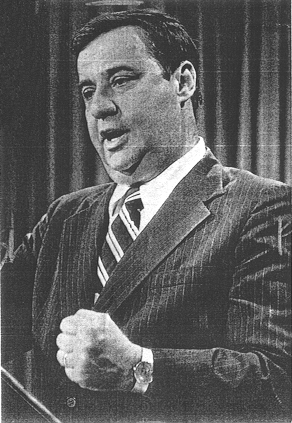
9. Bert Lance, Carters budget director, warned the president that he was in financial trouble before the story broke and urged, I think you ought to just let me resign. Carter refused, declaring, Thats foolishness and it doesnt make sense. Carter didnt understand that the investigations of his closest Washington friend and adviser would become an obsession that would engulf his administration until Lance left office. Three months later Carter forced Lance to resign.
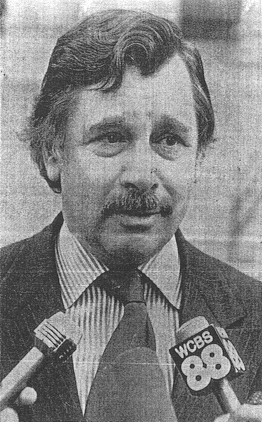
10. Arthur Christy, the first special prosecutor under the 1978 ethics reform law, was reluctant to undertake the investigation of Hamilton Jordan for allegedly taking cocaine. After six months Christy found zero evidence to support the allegations.
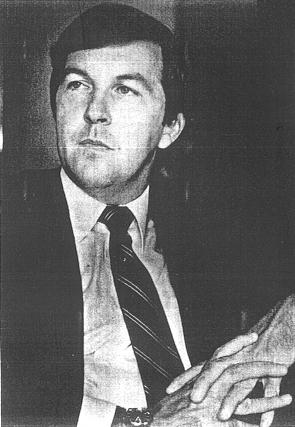
11. Hamilton Jordan, Carters top aide and chief political strategist, became the subject of a special prosecutor investigation required by the 1978 Ethics in Government Act. He allegedly had used cocaine at New Yorks trendy Studio 54. For six critical months in 1979 and 1980 when Carter was running for reelection and managing the Iranian hostage crisis, Jordan was under a cloud. He was finally cleared. I was turned into something very different than the way I am, he said.
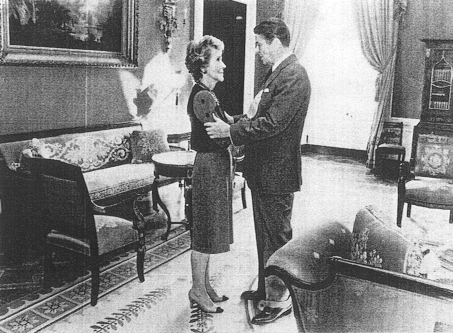
12. President Reagan allowed a full-scale internal White House investigation of Iran-contra by his attorneys, and Nancy Reagan pressured White House Chief of Staff Don Regan to replace CIA Director William J. Casey after Casey fell ill. She told the White House lawyers that Casey was not a close friend of the Reagans and had never been to the White House residence. Secret Service logs show seven Casey visits to the White House residence from 1984 to early 1986.
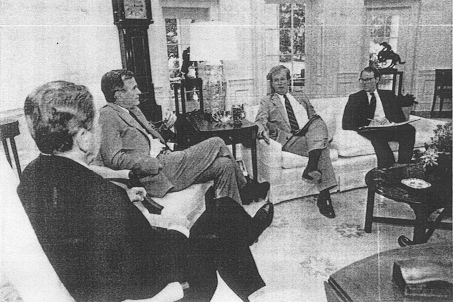
13. On July 15, 1987, President Reagan and Vice President George Bush with White House lawyers A. B. Culvahouse and William Lytton. Former National Security Adviser John Poindexter had just testified that the president did not know about the diversion of profits from Iranian arms sales to the Nicaraguan contras. What was everyone worried about? the president asked the lawyers.
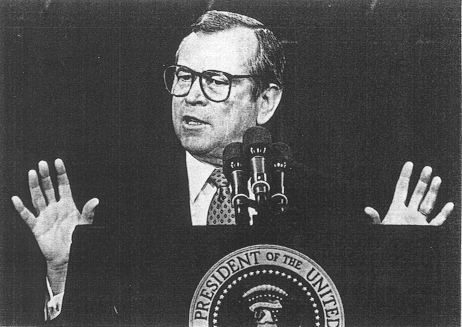
14. Former Senate Republican Leader Howard Baker accepted the job as Reagans new White House chief of staff in February 1987 but insisted he learn all the secrets. He told the president, I want you to issue an order to all people in the White House, and the West Wing in particular, saying that I have access to every record and they should give me total cooperation because Im going to find out, to the best of my ability, what has happened on Iran-contra, and everything else.
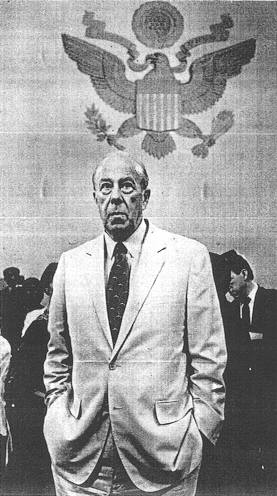
15. Secretary of State George Shultz felt that National Security Adviser Poindexter and CIA Director Casey were covering up Iran-contra. Its Watergate all over again, Shultz said.
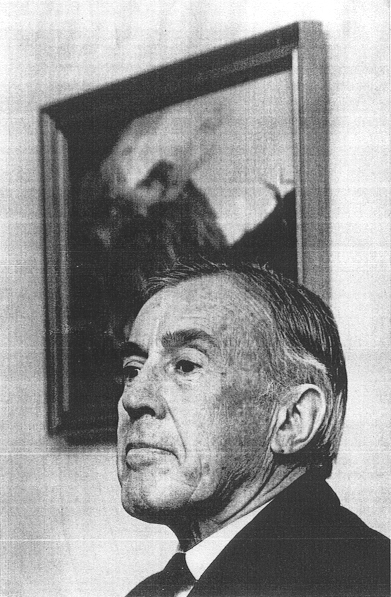
16. Iran-contra Independent Counsel Lawrence Walsh insisted on taking former President Reagans sworn deposition six years into his investigation, in 1992. Reagan couldnt remember the names of some of his key aides or former world leaders. He told Walsh, Its like I wasnt president at all. In 1998, after his Iran-contra investigation was finally completed, Walsh said, I think the president was wrong, he was defiant, he was deliberate, but he wasnt dirty.
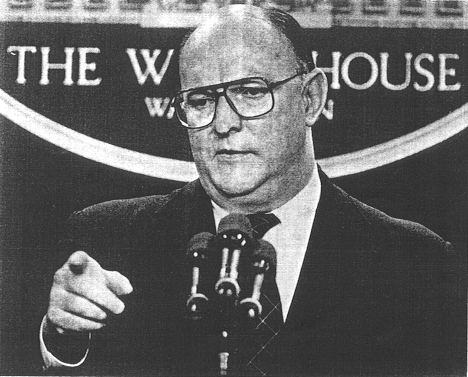
17. White House press secretary Marlin Fitzwater, who served Presidents Reagan and Bush, watched Bush rage at media leaks early in his presidency. Yell at me, Fitzwater recommended, dont yell in front of the whole staff, because those people will all leave and every one of them hates the press, and worse, they will think they have a greater license to hate the press because you do.
Next page
